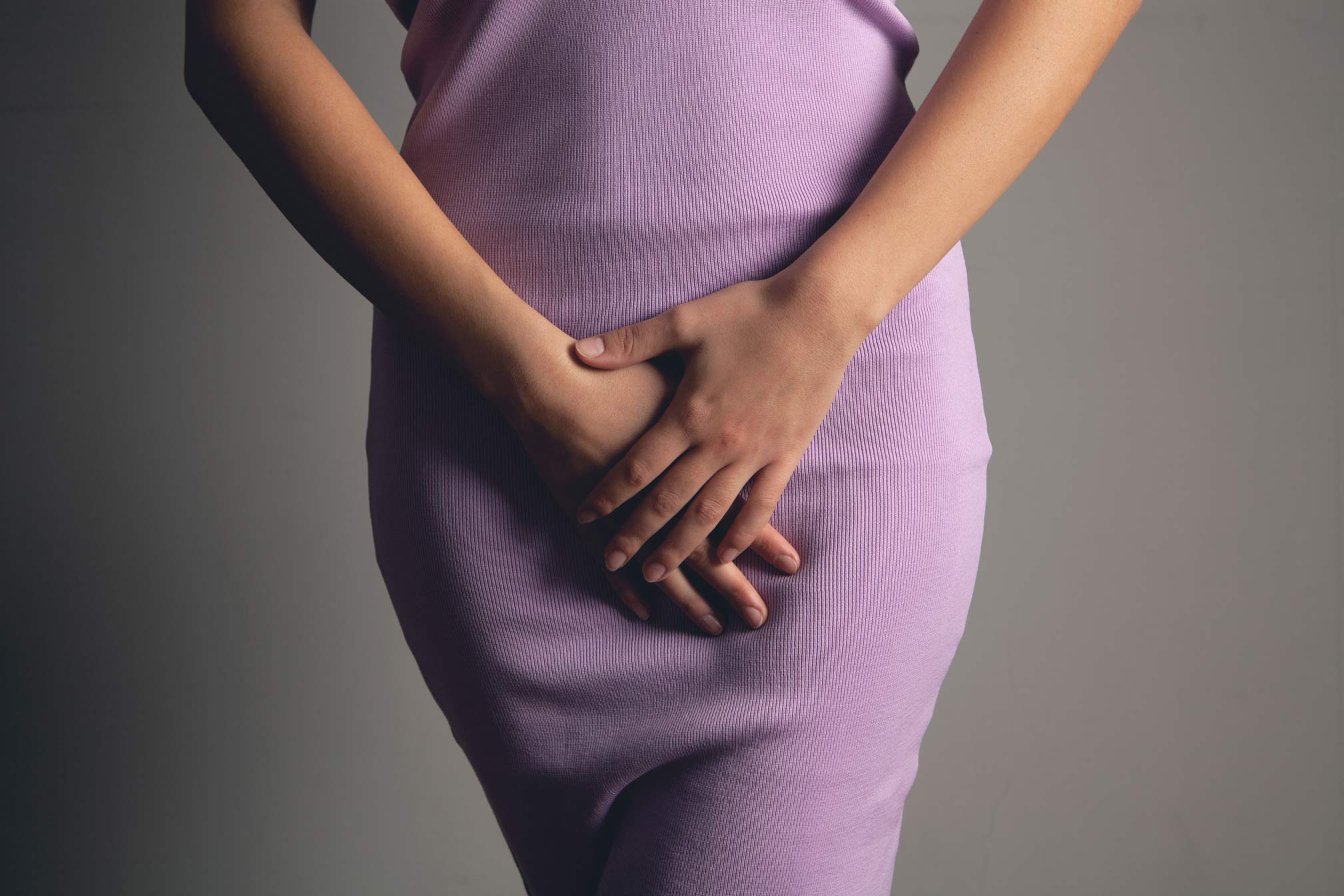Addressing Endometriosis: Alleviating Discomfort and Managing Symptoms
Endometriosis, a disorder characterized by the presence of uterine lining tissue outside the uterus, afflicts millions of women worldwide. This condition leads to significant pain and suffering, with symptoms including menstrual discomfort, persistent pelvic pain, and potential infertility. Endometriosis primarily affects individuals between the ages of 25 and 40, although it can also occur during adolescence. Even after menopause, the condition can still cause discomfort and pain. While surgery is often considered the most effective treatment option, Dr. Vaishali Sharma, MD (AIIMS) DSAGE (Germany), a respected Senior Gynecologist, Laparoscopic Surgeon, and Infertility Specialist, spoke to India.com, shedding light on alternative methods to manage endometriosis symptoms and reduce discomfort.
Here are 7 ways to alleviate endometriosis discomfort in women:
1. Painkillers
Over-the-counter painkillers like ibuprofen and naproxen can help reduce the pain associated with endometriosis. These medications work by reducing inflammation and inhibiting the synthesis of prostaglandins, which contribute to menstrual pain.
2. Acupuncture
Complementary therapy, such as acupuncture, can assist in alleviating endometriosis symptoms. Acupuncture involves stimulating specific points on the body to relieve pain and promote overall well-being.
3. Heat Therapy
Applying heat to the lower abdomen through the use of a heating pad or hot water bottle can be beneficial for easing endometriosis-related pain, including menstrual cramps. Heat therapy helps relax the muscles and improve blood circulation.
4. Supplements
Some women find relief from endometriosis symptoms by taking specific supplements. Magnesium, vitamin B6, and omega-3 fatty acids have demonstrated anti-inflammatory properties and the ability to alleviate pain. However, it is essential to consult with a doctor before incorporating any supplements into your routine to ensure their safety and suitability.
5. Massage
Massage can be an effective method of reducing endometriosis symptoms by reducing stress and improving circulation. Gentle abdominal massage or full-body massage can provide significant relief for women with endometriosis.
6. Lifestyle Changes
Making certain lifestyle changes can have a positive impact on managing endometriosis symptoms. Consider the following factors:
- Diet Changes: A balanced diet rich in fruits, vegetables, and whole grains can help reduce inflammation in the body, thus alleviating symptoms. Avoiding processed foods, foods high in trans fats, and excessive sugar can further reduce inflammation and promote overall health.
- Exercise: Regular physical exercise, such as walking, yoga, or swimming, can improve blood flow and reduce inflammation, thereby mitigating endometriosis-related pain and discomfort.
- Stress Reduction: Stress can exacerbate endometriosis symptoms. Engaging in stress-reducing activities like meditation, yoga, or deep breathing exercises can help lower stress levels and alleviate symptoms.
- Counselling: The physical and emotional challenges of living with endometriosis can be overwhelming. Women with endometriosis may benefit from counselling or therapy to cope with the emotional impact of the condition.
- Rest: Sufficient rest and relaxation are crucial for women with endometriosis. Getting enough sleep and allowing yourself time to unwind can reduce stress and improve overall well-being.
- Support Groups: Joining a support group provides an opportunity to connect with other women experiencing similar challenges. Support groups offer emotional support, information sharing, and valuable resources for women with endometriosis.
7. Alternative Therapies
Some women find relief from endometriosis symptoms through alternative therapies like herbal medicine, homeopathy, or naturopathy. While scientific evidence may be lacking, these therapies have been helpful for certain individuals. Consultation with a healthcare provider is important before exploring alternative therapies to ensure safety and suitability.
Managing endometriosis can be a complex journey, but by addressing the above approaches, you can significantly reduce the discomfort associated with this condition. Remember to consult with healthcare professionals to determine the most suitable options for your individual needs.
